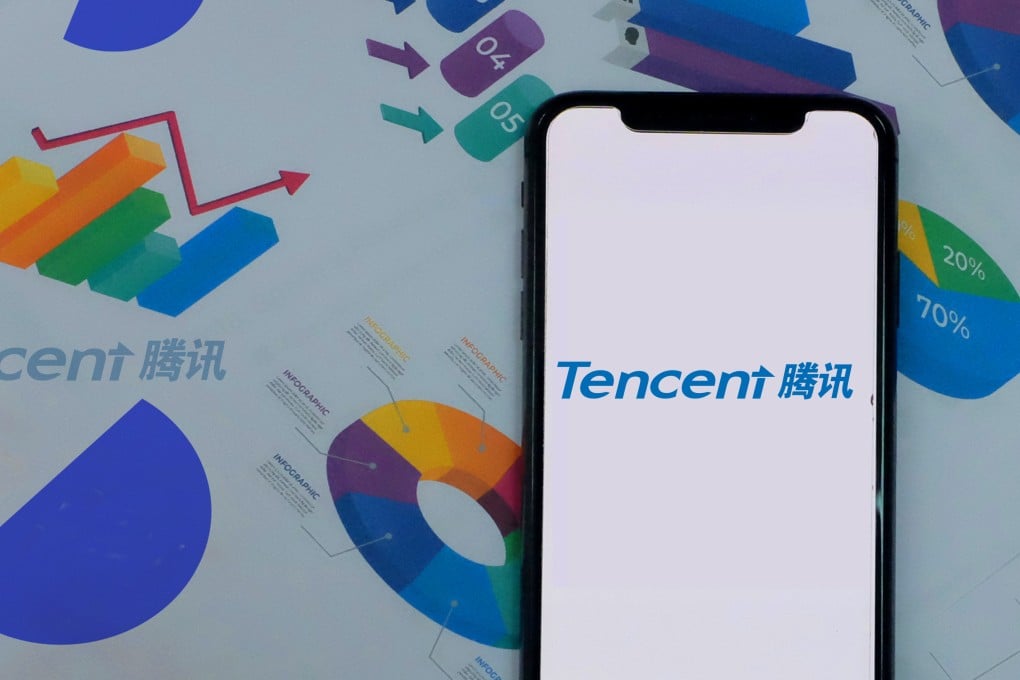Tencent eyes its own ChatGPT-style service for super app WeChat as Chinese tech companies heat up the global AI arms race
- Tencent plans to take its time in launching its own ChatGPT-style products to market
- The firm expects generative AI technology to be a ‘growth multiplier’ that enhances its core video gaming and social media operations

“Our strategy is that we will try to do it right rather than do it in a rush,” said Lau, who indicated that a chatbot will be one of the generative AI-based applications that Tencent plans to launch. “We want to make sure that the foundation model [being developed by the company] is actually built correctly and on solid footing.”
Generative AI refers to algorithms that can be used to create new content, including text, audio, images, video and simulations.
“Our business is unlikely to be subverted by [generative AI] technology, but we can make good use of this technology to further improve the experience we provide to users,” Lau said. He indicated that it would be hard, for example, to create a new video game purely with AI-generated content, but the technology can help improve the efficiency to achieve gaming innovation.